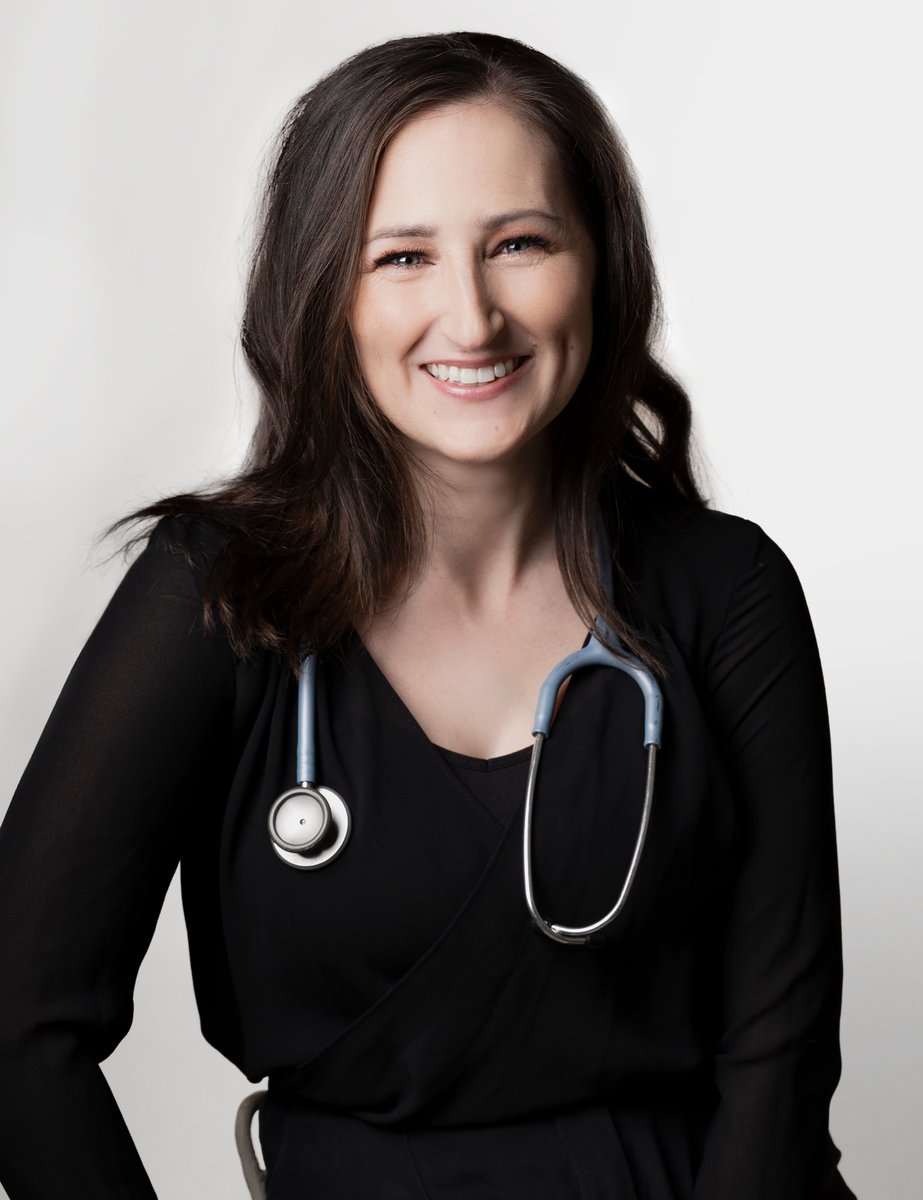
This post deals with suicide and might be triggering for some readers.
Long hours. Low pay. Little sleep. Rigid hierarchies. It doesn't come as a surprise that doctors experience higher rates of burnout, depression, anxiety and suicidality compared to non-medical professions.
In fact, in Australia, both male and female doctors report substantially higher rates of psychological distress and suicidal thoughts compared to any other Australian profession.
"GPs are one of the highest risk professions, with a study in 2017 finding that compared with doctors in other specialties, GPs have a 42 per cent higher risk of being classified as having burnout," explains Dr Lisa Beckett.
Being in medicine is hard. But if you’re a woman in medicine, it’s even worse.
Watch: Dr Melissa Kang - 'Dolly Doctor' - shares her experience growing up. Post continues below.
A new Dutch study suggests the suicide rate for female doctors is 130 per cent higher than the general population. While in Australia, female medical practitioners are alarmingly more than twice as likely to die by suicide than women in the general population.



Top Comments